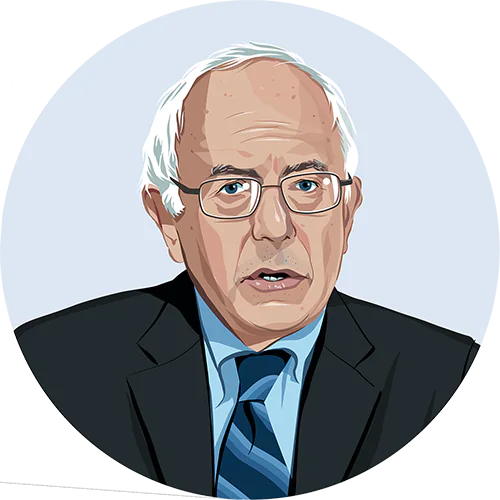Why is it so common that the most monstrous dictators rise to power on the promises of utopia and love for the marginalised members of the population? Worse yet, why don't people see this as incredibly strange given the fact that the people who purport to most care for others are, in the case of Stalin and Mao, responsible for an eye-watering share of the mass murder and human violations in modern history?
Most politicians want to appear caring, but the figures who make it their entire platform to speak for the "people" and against the current system do the most harm.
Is it because the best way to pursue bleeding-heart policies is to rule in an authoritarian and temporarily discompassionate manner? Surely not, because the countries where these leaders have the most power to act this way are disasters. It's also unfair to say they are reacting to foreign antagonism - other countries usually only get involved once the atrocities have already crossed an intolerable threshold.
Most of these dictators are likely playing up their utopic vision as propaganda. However, it's too dismissive to say their motivations are entirely cynical because they are ideologically fanatical. They believe in something.
Perhaps, like many, these empowered figures are driven by a hatred for "the other". The reasoning comes after the emotion: a tribal instinct to loathe their enemies of choice.
There's also selection bias. Purely compassionate and altruistic policies fail in the real world. They grate against human nature and achieve little. Here, the leaders have a choice. Those honestly motivated by good intentions might admit their error and stand down. Others might make reasonable compromises. The rest seek totalitarian control to impose their will regardless of the outcome, outraged by reality's refusal to bend to it.




